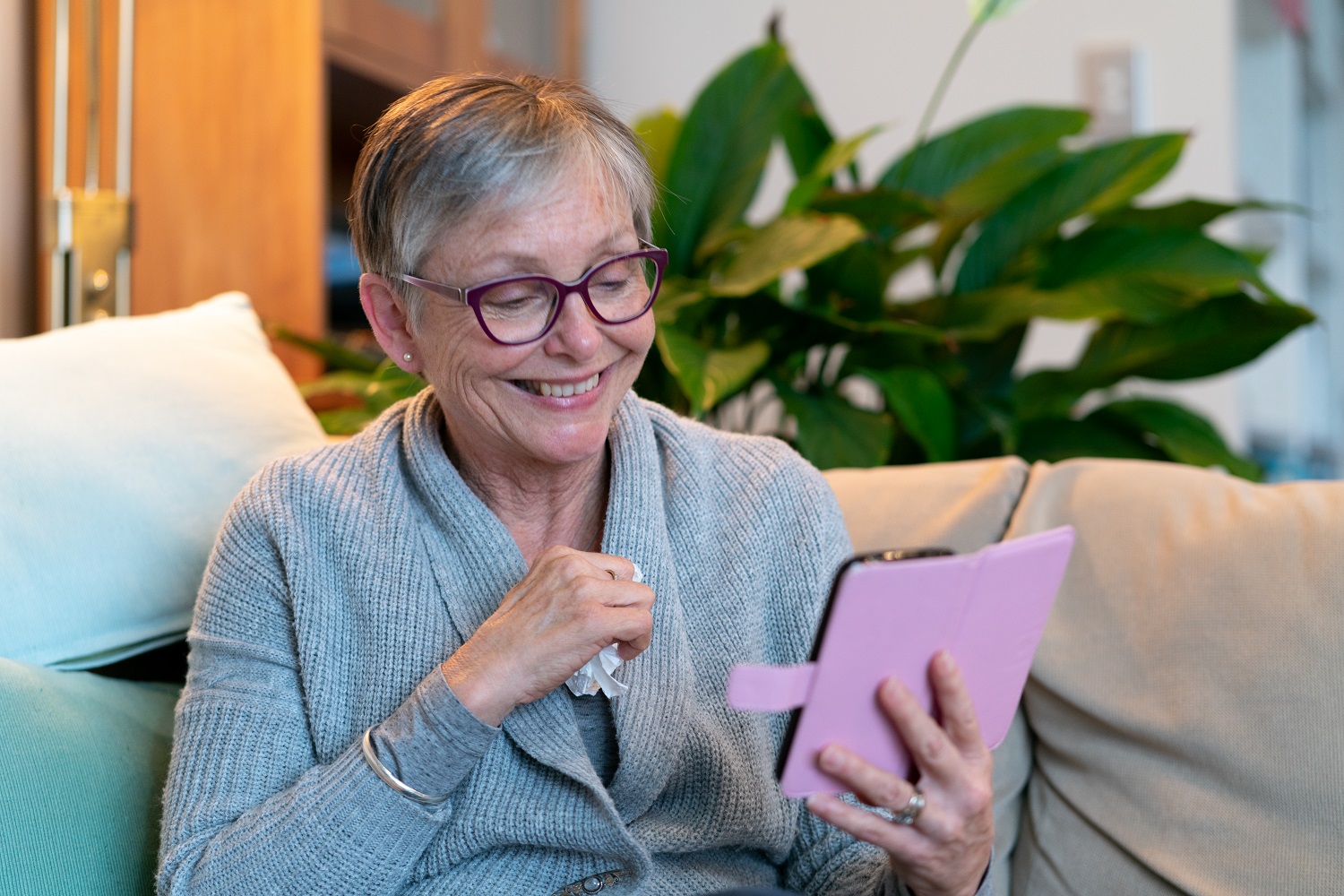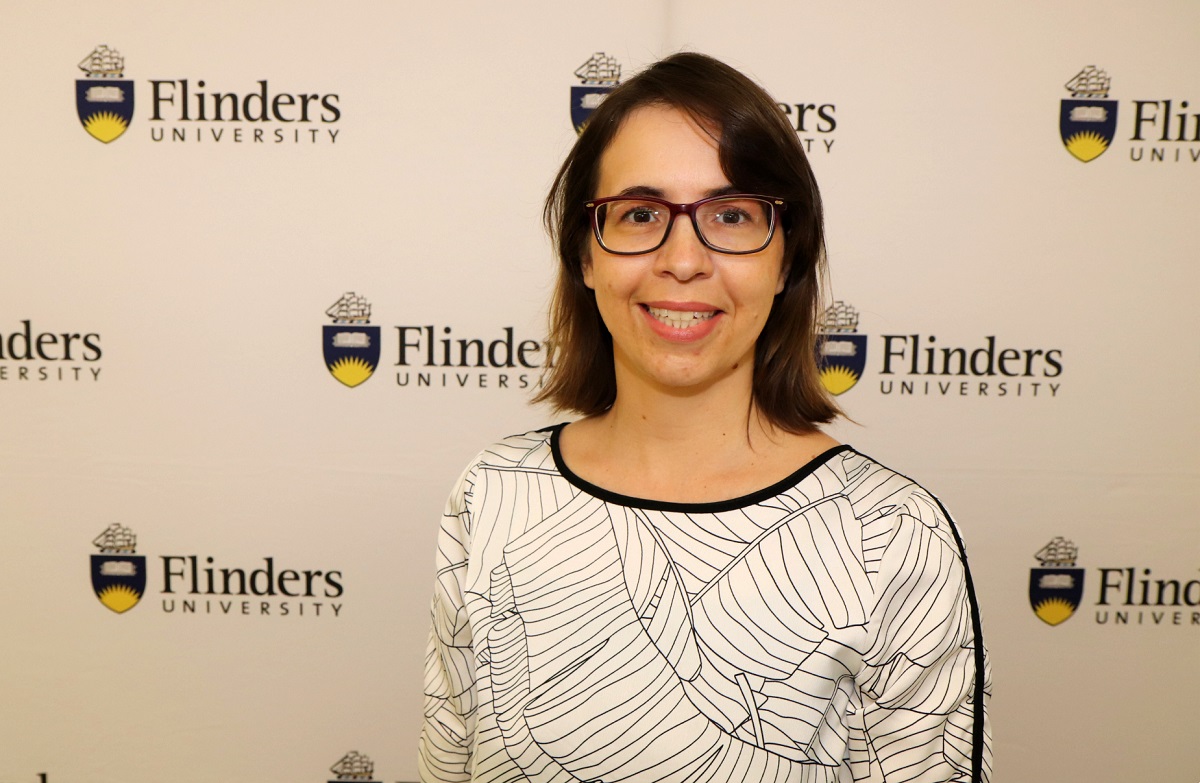
A Flinders Caring Futures Institute project aims to improve attendance and completion of cardiac rehabilitation for disadvantaged populations in rural and remote South Australia by taking a co-design approach to developing a telehealth-based program.
CR4ALL- Cardiac Rehabilitation for All: A telehealth cardiac rehabilitation care pathway tailored to the needs and preferences of disadvantaged populations living with cardiovascular diseases in rural and remote Australia has been made possible by a Flinders Foundation Health Seed Grant.
Chief Investigator Dr Alline Beleigoli says while cardiac rehab is seen as a highly effective way of preventing recurrent events, hospitalisation and deaths of people with cardiovascular diseases after a cardiac event, less than 50 per cent of those referred participate.
“Furthermore, we know that patients of low socio-economic status are at highest risk of poor cardiovascular outcomes but are least likely to access cardiac rehabilitation.”

Pre-existing telehealth services are delivered through the Integrated Cardiovascular Clinical Network, or iCCnet, a network of over 70 hospitals, health centres and GP surgeries providing evidence-based cardiac care for around 700,000 people in regional, rural and remote South Australia. While these services are one way of overcoming geographical barriers for people who live in rural and remote areas, participation rates need improvement.
“The potential of telehealth remains unfulfilled,” Dr Beleigoli explains. “Despite a radical increase in telehealth in response to COVID-19, a Heart Foundation survey found only 14% of patients referred to telehealth cardiac rehab completed their program in Australia.”
Dr Beleigoli and her research team will be working with consumers from low socio-economic backgrounds to develop a tailored, purpose-built, telehealth-based program for people living in the country. They will conduct interviews and workshops with both patients and professionals to explore barriers and facilitators to attending cardiac rehab, needs and preferences and potential changes to existing processes.
“Co-design of telehealth models of care with end-users is not a common practice but there is evidence that it can lead to better engagement of users with the services which can potentially result in better clinical outcomes,” Dr Beleigoli says.
“CR4ALL will be a new care pathway within the iCCnet telehealth service to increase attendance and completion of cardiac rehabilitation among patients with a low socioeconomic status living in regional, rural and remote areas of Australia.
“We will co-design the program with patients from low socioeconomic backgrounds and professionals working in telehealth-based cardiac rehabilitation in South Australia.
“In doing so, we aim to address inequalities in the care of people with cardiovascular diseases, and also contribute to filling a gap in the science around how to co-design and develop tailored telehealth services, which is an area with scarce evidence base.”
Dr Beleigoli says the project is currently in the recruitment phase.
“Engaging with the most disadvantaged populations in rural SA to understand their needs and working closely with the clinicians is extremely rewarding, as this facilitates implementation of meaningful interventions into practice.
“This project will generate preliminary data to underpin clinical trials to test CR4ALL clinical and cost effectiveness. Assuming successful demonstration of its efficacy, CR4ALL can become a model of care for telehealth services in Australia and, potentially, internationally.”
From Flinders, Dr Beleigoli is joined by Dr Claire Hutchinson, Dr Maria Alejandra Pinero de Plaza, Professor Robyn Clark and Professor Jeroen Hendriks on the research team.

